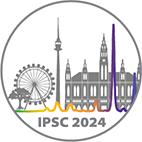
4th International
Plant Spectroscopy Conference
2024 September 24-27, Vienna, Austria
Register Submit abstract
4th International
2024 September 24-27, Vienna, Austria
Register Submit abstract
The aim of the conference is to bring spectroscopy to plant scientists and plant sciences to spectroscopists, to open up a communication channel and to showcase the plethora of available spectroscopic techniques and their potential in plant sciences, benefiting both fields, from fundamental to applied research, from academic to industrial applications. Well-known Keynote speakers are invited to represent the major spectroscopic fields and multivariate data analysis approaches. With selected pre-conference sessions we want to give newcomers or not so experienced users the change to deepen their understanding in vibrational spectroscopy (theoretical session), share with you our experiences on Raman imaging (practical session) and train you in hyperspectral image analysis (hands-on in Epina ImageLab including 3 monthe license)
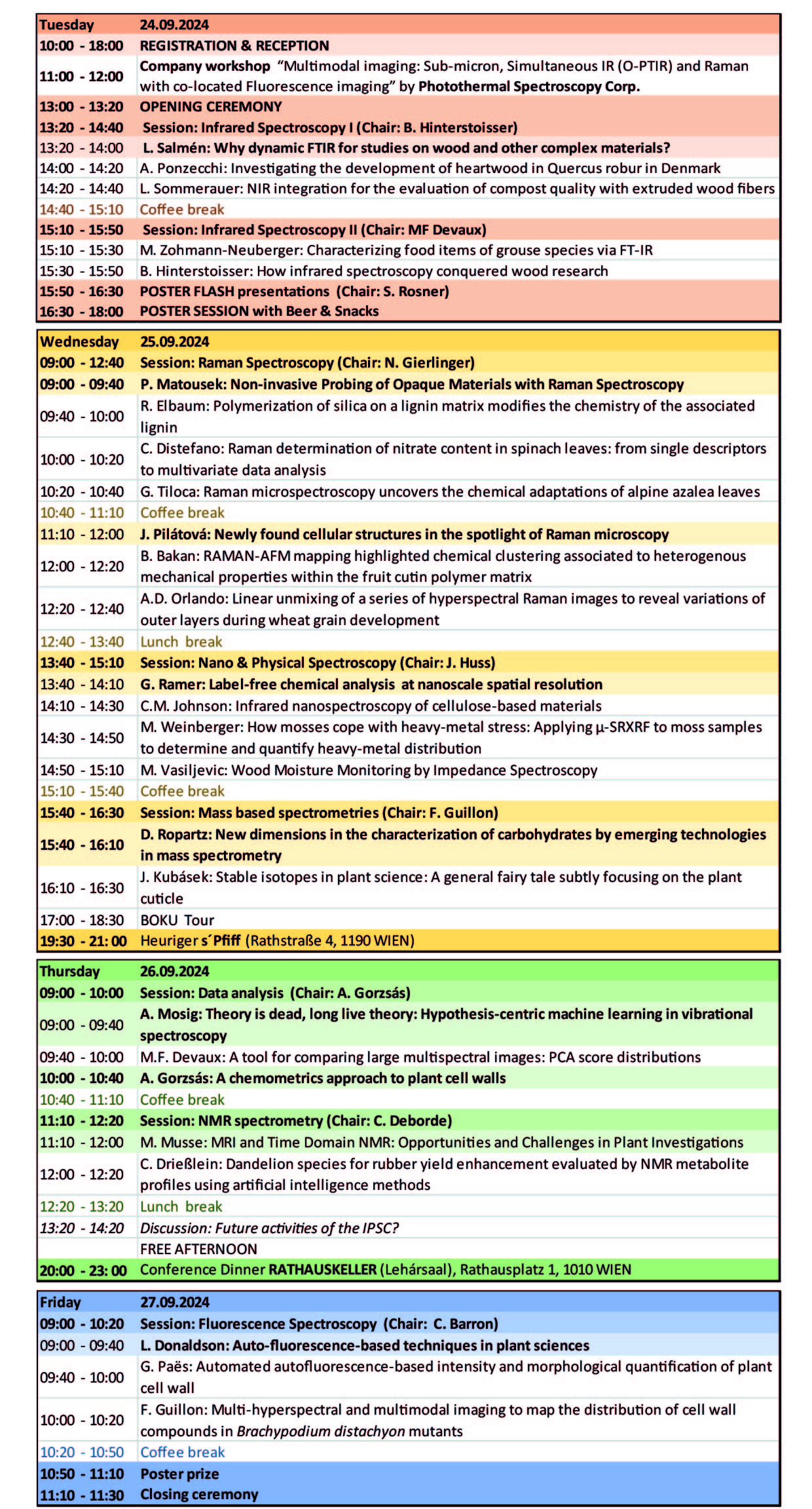
The chemical information spectroscopic techniques bring to plant sciences is invaluable for basic research (including understanding function / biological processes) and perfectly complements genetic approaches (chemotyping). They have emerging applications in virtually all aspects of plant sciences from subcellular components to whole tissue and large scale screening, from root to shoot, from laboratory to industry, from agriculture and food to forestry and bioresources, spanning even the fields of environmental (fungi/root interactions in the soil, climate change effects on wood composition, stress factors, etc) and materials sciences (nanocomposites, biopolymers).
The International Society for Plant Spectroscopy was established to provide a forum for communication and know-how transfer between spectroscopist and plant scientist, including connected fields, such as chemometrics. The society is a grassroot organisation, free of charge and completely non-profit, with no centralised administration, focusing on direct interactions.
In line with the goals of the International Society for Plant Spectroscopy, a biannual conference series was initiated. This is the 4th installment of this conference series, with the previous ones beig held (in chronological order) in Umeå, Sweden; Berlin, Germany; and Nantes, France. This year, the conference is hosted in Vienna, taking advantage of the strong research environments and infrastructure in BOKU.
Scroll down to find practical information related to the conference, including useful tips for travel and accommodation arrangements
Deadlines will expire at midnight CET on the listed dates,
The conference will take place at the University of Natural Resources and Life Sciences, Vienna – BOKU , a unique Austrian research and teaching organisation with a strong focus on renewable resources, living space and quality of life as well as food chain and health issues. BOKU is originally located in the North of Vienna and has three different campuses. ICPS2024 will take place at the Campus Türkenschanze, BOKU’s oldest and original location situated in the 18th and 19th districts, very close to Türkenschanzpark. All sessions will be hosted in the building Ilse-Wallentin-Haus – ILWA (see building Nr. 10 in the illustration). The address of ILWA is Peter-Jordan-Straße 82/II, 1190 Vienna, Austria.
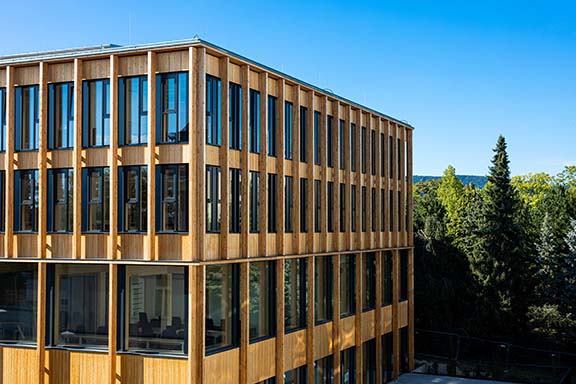
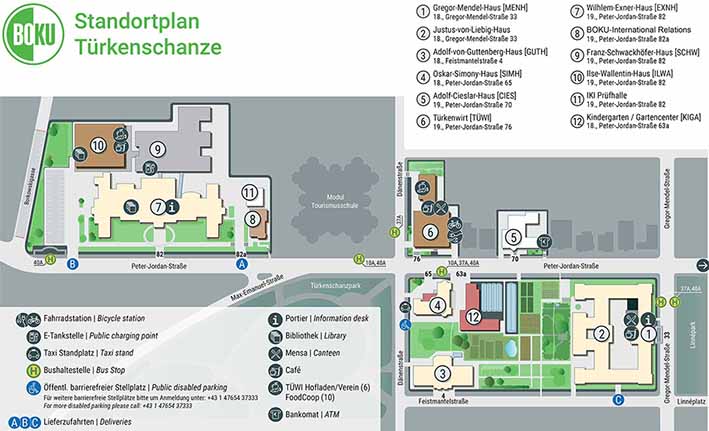
Bus lines run with a frequency of max. 10 minutes.
Bus line 40A: stops “Dänenstraße”; connections from U6 station “Währinger Straße/Volksoper” and U2 station “Schottentor” (take the bus to the direction Döblinger Friedhof)
Bus line 37A: stops “Linnéplatz”; connections from U4 station “Spittelau” and U6 station “Nußdorferstraße” (take the bus to the direction Dänenstraße)
Bus line 10A: stop “Dänenstraße”; connections from U3 station “Johnstraße”, U4 station “Heiligenstadt” (also S-Bahn stations) and S-Bahn station “Gersthof”, 5 minutes walk to Gregor Mendel Strasse 33
Whether by train or by plane, by car, by bus or by ship on the Danube – many paths lead to Vienna (Tourist Infocentre – Vienna)
By Plane
Vienna’s central position in Europe makes it a hub offering optimal transportation connections to the whole world.
The Vienna International Airport (Flughafen Wien-Schwechat) is located in the Federal State of Lower Austria, about 15 kilometres outside of Vienna, and there are several possibilities to reach the city centre.
By Train
Several international and national train services ensure an efficient connection with all over Europe. Travelling to Vienna in comfort and in an environmentally friendly way by train is also possible thanks to an advanced system of night trains that connect Vienna with numerous European capitals. The three main Vienna train stations are centrally located and are well-linked to the public transport network.
By Bus
The well-developed public bus network of Postbus connects all Austrian states with Vienna. The main bus station for international long-distance bus carriers, like Eurolines or Flixbus, is located in Erdberg at the VIB – Vienna International Busterminal. There, you can reach the city centre by underground U3 (in the direction of “Ottakring”).
By Car
Vienna has short-term parking zones. Parking vouchers (“Parkscheine”), to be filled in and placed behind the windscreen, are available at tobacco shops (“Tabak-Trafik”), railway stations, ticket machines at underground stations and Vienna public transport offices (Wiener Linien). It is also possible to book via Mobile Phone. A “Parkpickerl”, or parking permit, is required. For further information on Parking in Vienna (e.g., short-term parking) consult the website.
The fastest and cheapest way of moving around Vienna is using public transport. Buses, suburban trains, trams and underground lines will take you almost anywhere in the city in no time at all. Vienna public transport Wiener Linien operates five underground lines, 31 tram and 80 bus lines, of which 21 are night lines. Night lines only operate between 0.30 am and 5 am. Tickets for public transport can be bought via the Internet or at underground- and train stations. When travelling with trams, a ticket can also be bought on board.To reach BOKU Vienna, you can use bus lines 10A, 37A, 40A or the InnerCityTrain S45. From the bus station to the venue is a 5-minute walk.
Vienna is a busy turist and academic town, especially in autumn. Consequently, hotel rooms can be scarce and booking in advance is recommended.
Recommended hotels you can find in this HOTEL LIST. For some hotels a limited number of hotel rooms are reserved for the participants or a special rate is available. Therefore plaese let them know that you are participating in the 4th International Plant Spectroscopy Conference organized by BOKU to have access to the specifically reserved rooms and rates.
Public transport in Vienna (Wiener Linien)
Vienna AirportLines Time table for buses to and from Vienna Airport
City airport train (CAT)
Austrian Federal Railways (ÖBB) - Train information
Vienna Airport - Flight information and car rental
Tourist information about Vienna
The International Organising Committee decides on and is responsible for the scientific content of the conference, including invited speakers, sessions and session chairs, and the selection of speakers for each session from the submitted abstracts.
The International Organising Committee consists of:
The Local Organisers decide on and handle local arrangements, including venue, catering, technical assistance during the meeting, etc.
The Local Organisers are:
The Registration Page opens in a new window (eveeno platform) and you can register for conference participation, conference dinner and the pre-program. Registration fee for the conference includes all conference activites, coffee breaks, lunches and one evening event (Heuriger). Registration fees do not include conference dinner, pre-workshops, travel and accommodation.
CANCELLATION POLICY
no-show or deregistration less than 7 days in advance: no refund
Cancellation up to 7 days before: 30% refund
Cancellation up to 14 days before: 60% refund
Cancellation more than 14 days before: 90% refund
Register
FLASH POSTER PRESENTATION
Please upload your 2 pages powerpoint slides (format 16:9) by clicking on the box below and drag and drop the powerpoint file into the yellow field and press the blue "Hochladen" button.
POSTER FLASH presentation
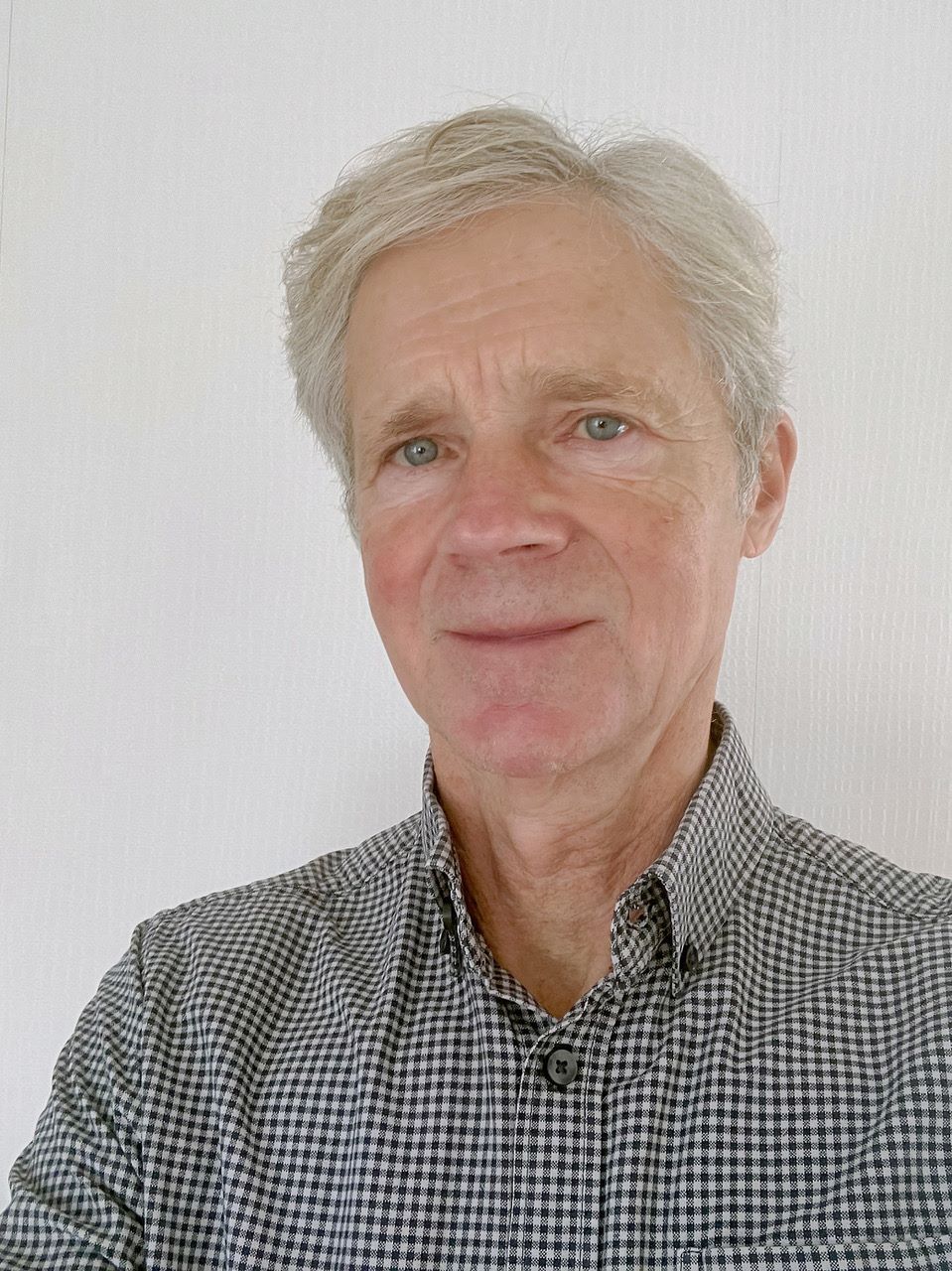
Lennart Salmén was previously Principal Scientist at RISE, former Innventia, former STFI-Packforsk, in Stockholm, Sweden and associated Professor at KTH (the Royal Institute of Technology) and adj. Professor at the Mid Sweden University. The research interests of Salmén is mainly devoted to the understanding of the relationship between the properties of the wood polymeric constituents and the macroscopic physical properties of fibres, wood and paper materials exploring new and innovative techniques for enhancing the understanding. Much of the work has been devoted to the interaction of the cellulosic material with moisture where especially Salmén's development of moisture induced dynamic FTIR has been shown to give new insights. Salmén is the author of more than 180 reviewed scientific papers in the field of fibre, wood and paper physics and the Editor of 5 books.
Jana completed her PhD at Charles University in Prague while biking between the Faculty of Science and the Faculty of Mathematics and Physics, moving for a postdoc to Berkeley, USA. Her exposure to Raman microscopy led her to delve into the chemical identification of cell inclusions of unicellular eukaryotes. Unexpectedly, she found that the prevailing type of biocrystals appeared to be formed by purines – high-capacity nitrogen storage in microalgae and other diversified protists. She is excited to leverage microanalytical tools to better understand the mechanisms of purine biocrystallization in unicellular eukaryotes in the context of nitrogen metabolism and their optical functions. Ultimately, the knowledge of processes governing purine biocrystallization may be further applied in biotechnologies, bio-optics or human medicine.
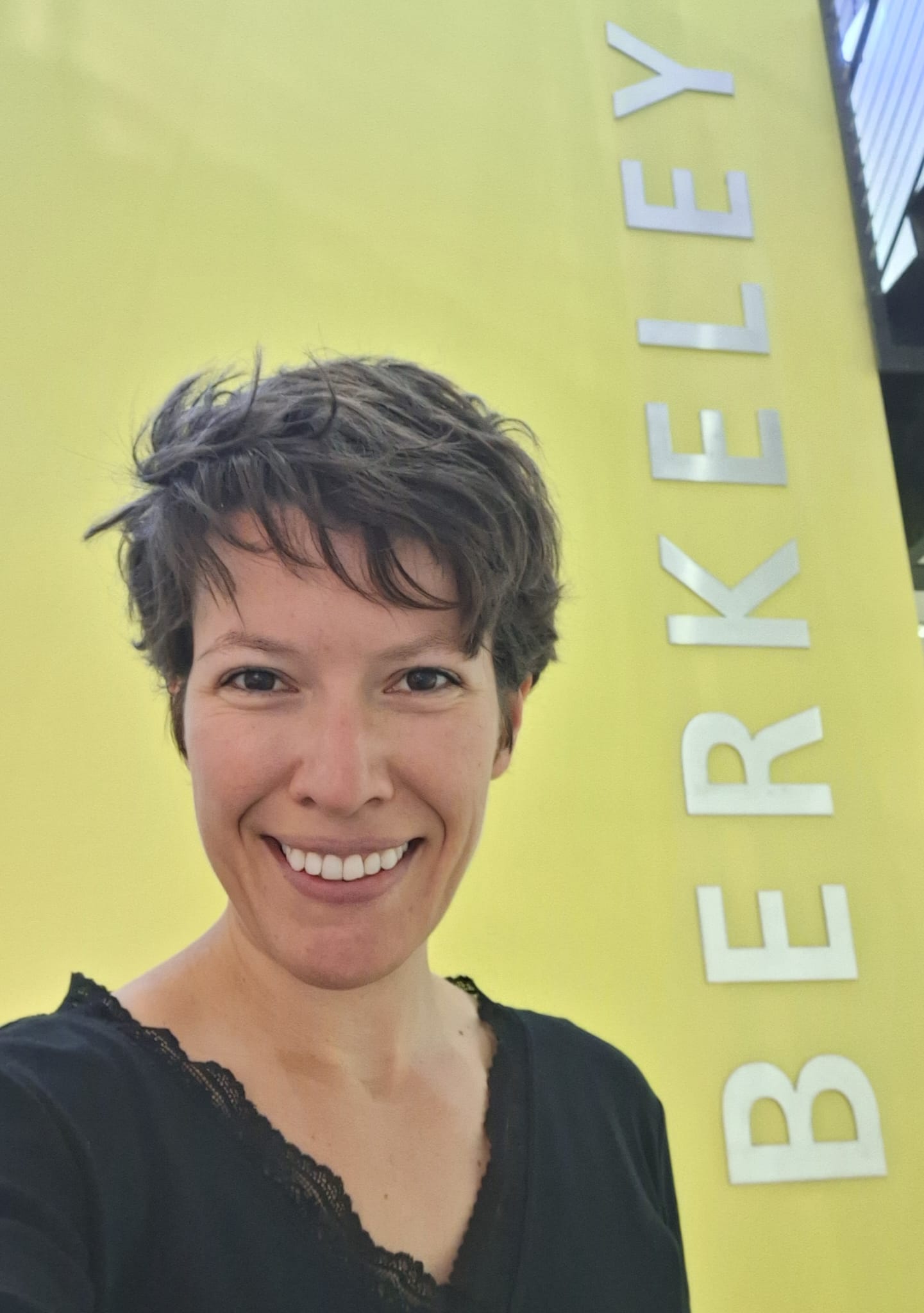
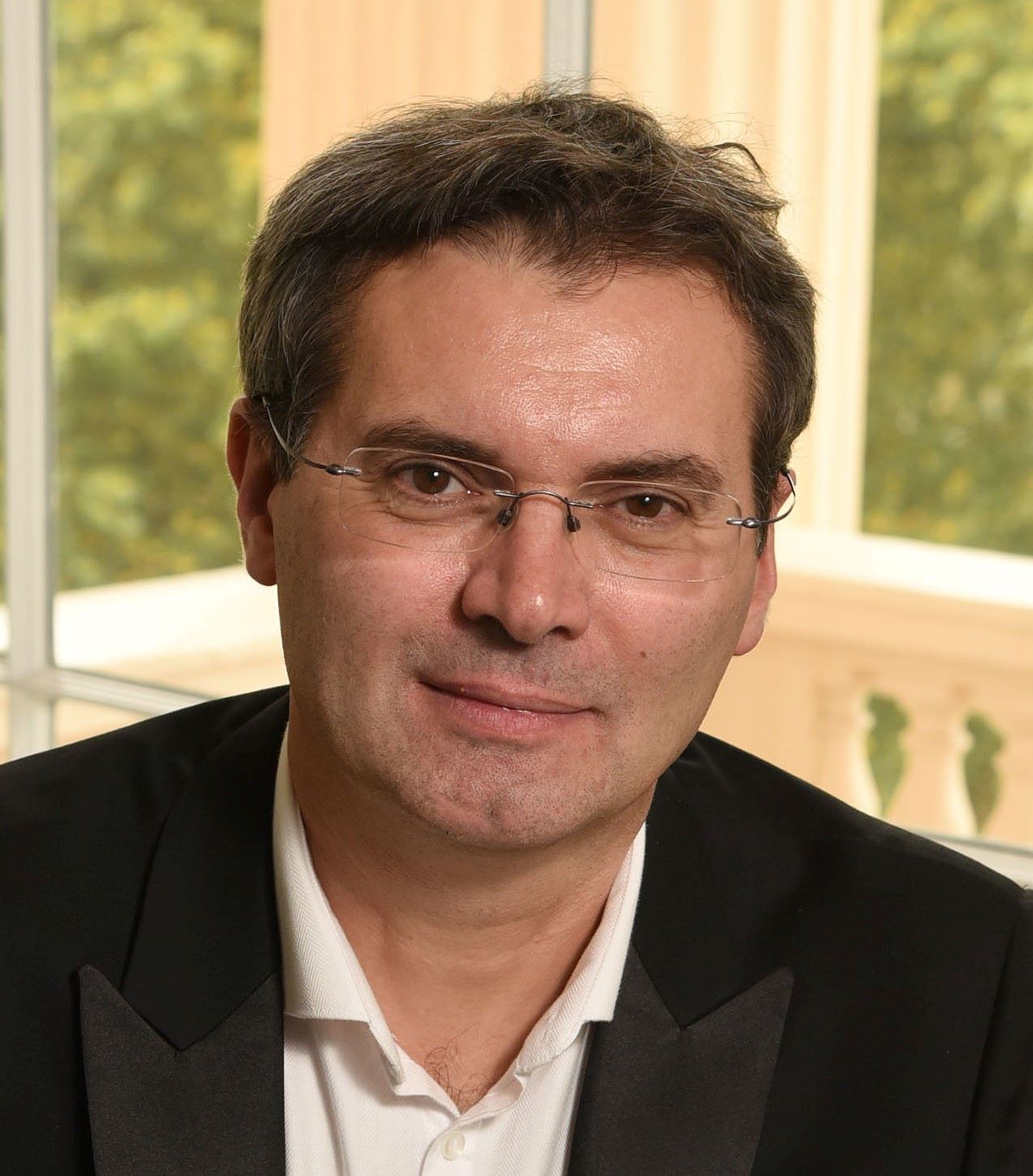
Pavel obtained his MSc and PhD degrees in physics from the Czech Technical University (Prague) and has worked at at the Central Laser Facility at the STFC Rutherford Appleton Laboratory (RAL, Oxfordshire, UK) for over three decades. He pioneered ps-Kerr gating for fluorescence rejection in Raman spectroscopy, proposed Spatially Offset Raman Spectroscopy (SORS) and introduced Transmission Raman Spectroscopy (TRS) into pharmaceutical analysis. His current research areas include non-invasive disease diagnosis, security screening, forensics, cultural heritage and pharmaceutical analysis. Pavel has published over 260 peer-reviewed articles and holds 13 patent families.
Georg Ramer started to research nanoscale infrared spectroscopy (AFM-IR) during his PhD. Following a postdoctoral stay in the Centrone group at the National Institute for Standards and Technology (NIST, Gaithersburg, MD, US) is currently continuing his AFM-IR work at the Institute for Chemical Technologies and Analytics at TU Wien.
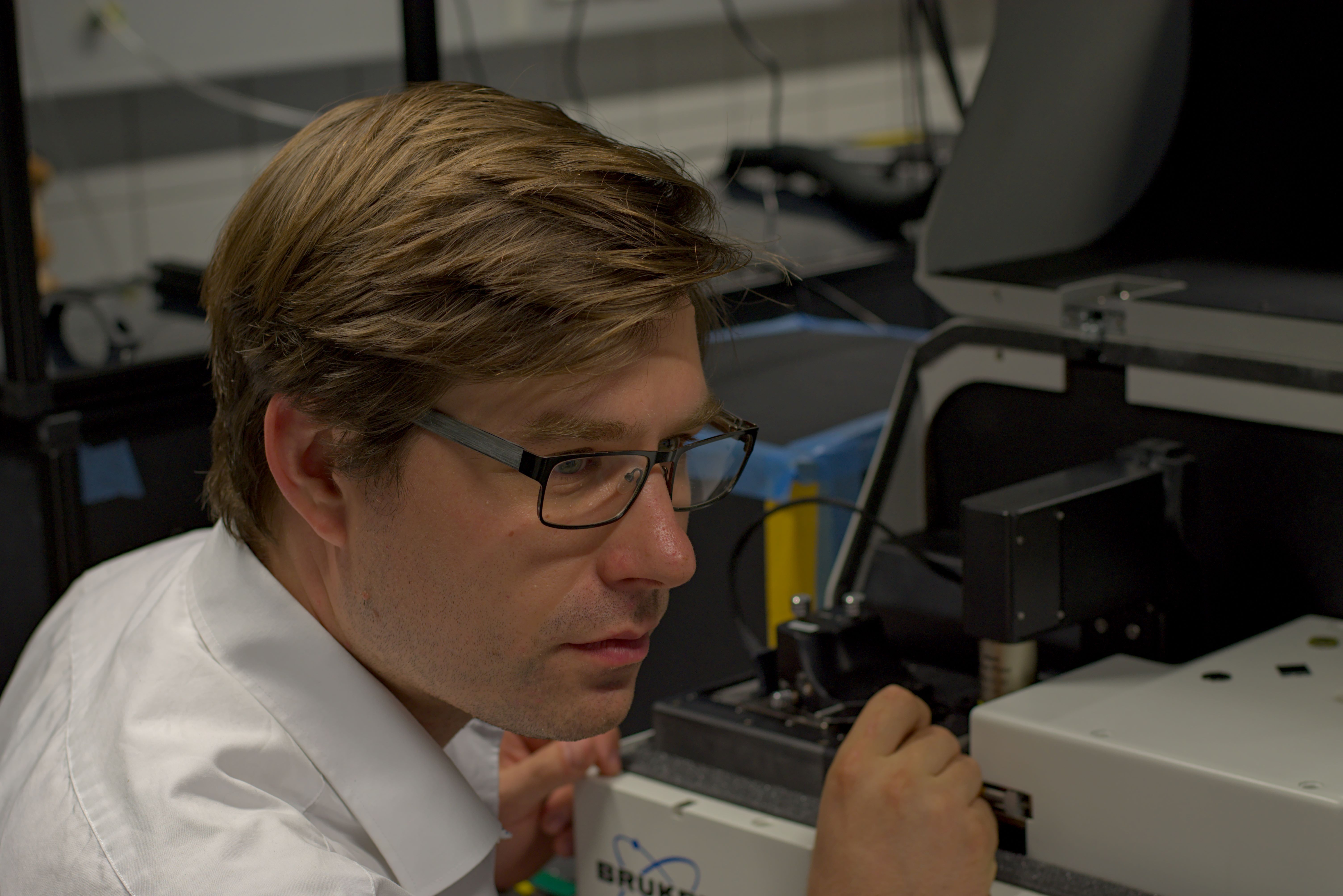
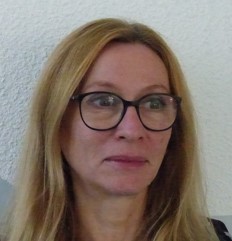
Maja Musse received the B.S. degree in Physics from the University of Novi Sad, Serbia, and the Ph.D. degree from the University Louis Pasteur, Strasbourg, France. She develops and applies original quantitative MRI and low-field NMR methods to characterize non-invasively water dynamics and the multiscale structure of plants and food and is currently the leader of the MRI-Food research team.
Lloyd Donaldson is a microscopy expert in wood formation and ultrastructure, pioneering techniques in confocal fluorescence imaging of wood and other biomaterials. His work on lignin auto-fluorescence together with quantification works using confocal and electron microscopy techniques and applications of digital image processing and analysis of data obtained from plants (particularly wood) makes him ideally qualified to present the key note lecture in this session.
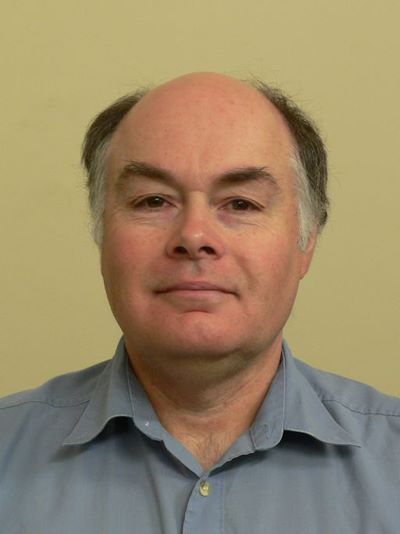

David Ropartz obtained his PhD degree from the University of Nantes (France) in Analytical chemistry on the development of innovative ion activation methods in mass spectrometry for the structural characterization of complex natural polysaccharides. Since 2017, he heads the mass spectrometry lab of the Bioresources: Imaging, Biochemistry & Structure (BIBS) research group. He develops the application of emerging activation technics and the application of ultra-high-resolution ion mobility coupled with mass spectrometry to characterize the structure of carbohydrates.
Axel Mosig is a Professor for Bioinformatics at the Ruhr University Bochum, Germany. Axel was received his undergraduate and graduate education in Computer Science at the University of Bonn, where he received his doctoral degree in 2004. After a postdoc at the University of Leipzig, Germany, where he worked on computational structural biology in 2004-2005, he moved to Shanghai as a postdoctoral researcher and founding member of the CAS-Max Planck Partner Institute for Computational Biology (PICB), where in 2008 he started his own research group as a PI investigating computational approaches for bioimage analysis. In 2011, he joined the Faculty of Biology and Biotechnology at the Ruhr University Bochum, where since 2019 he is also heading the Bioinformatics Department of the Research Center for Protein Diagnostics (PRODI). Axel’s research is driven by the overarching quest to understand how computational models relate to and affect the experimental life sciences. His research at PRODI is focused on machine learning for analyzing and understanding patterns of disease in infrared microscopic images.
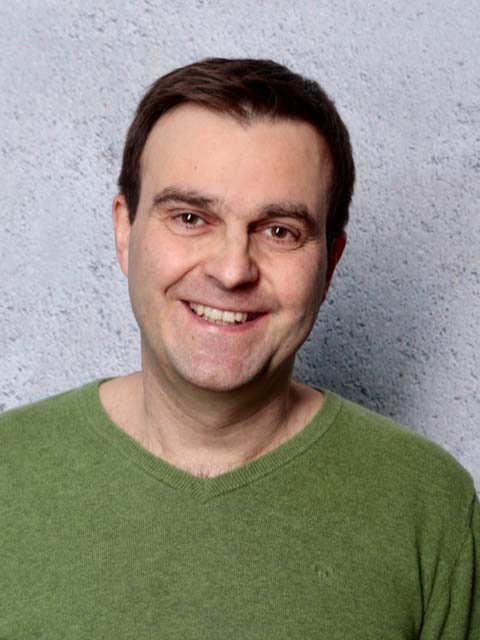
For further information, do not hesitate to get in touch with us.
On behalf of the
International Society for Plant Spectroscopy